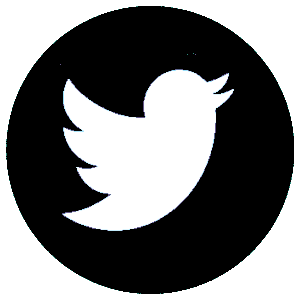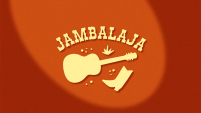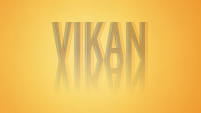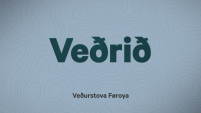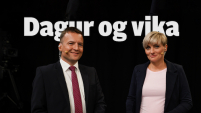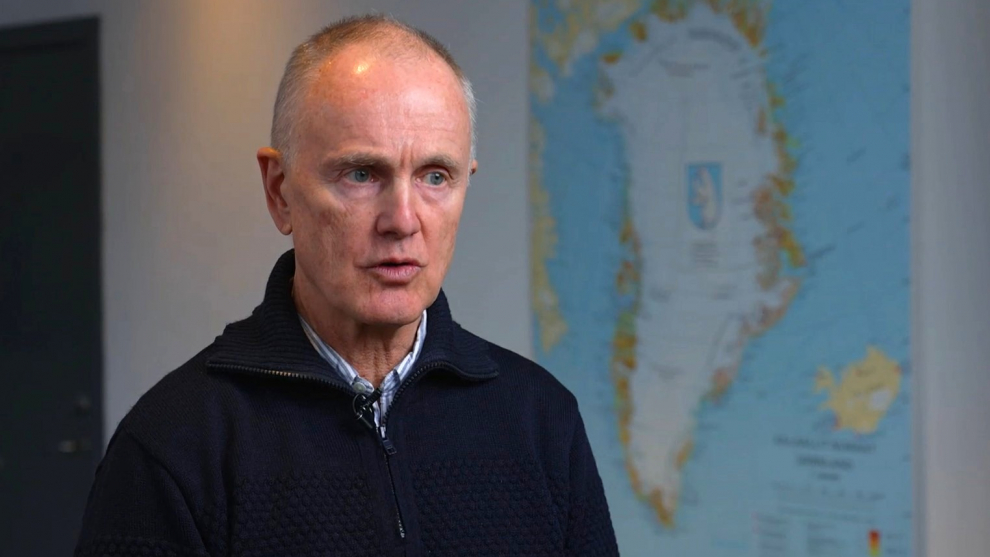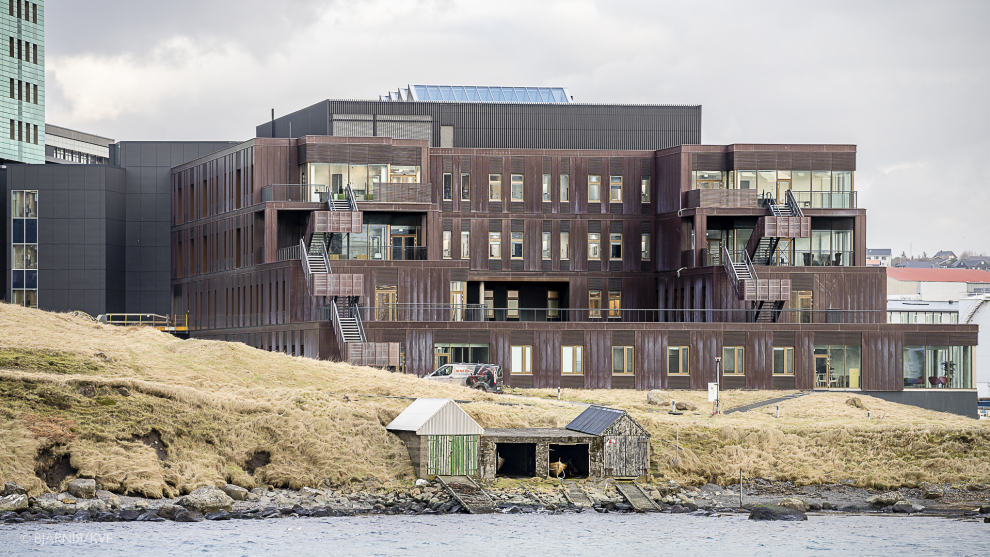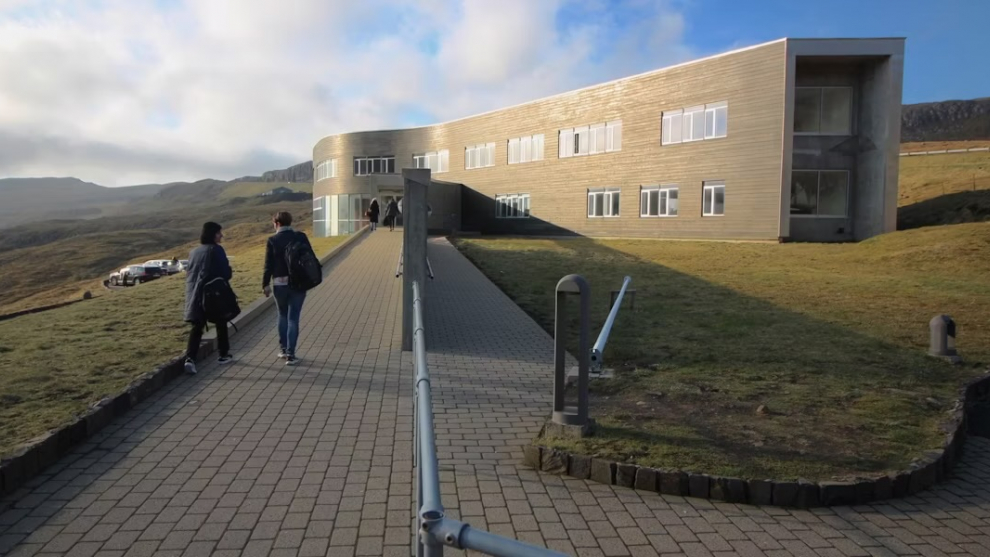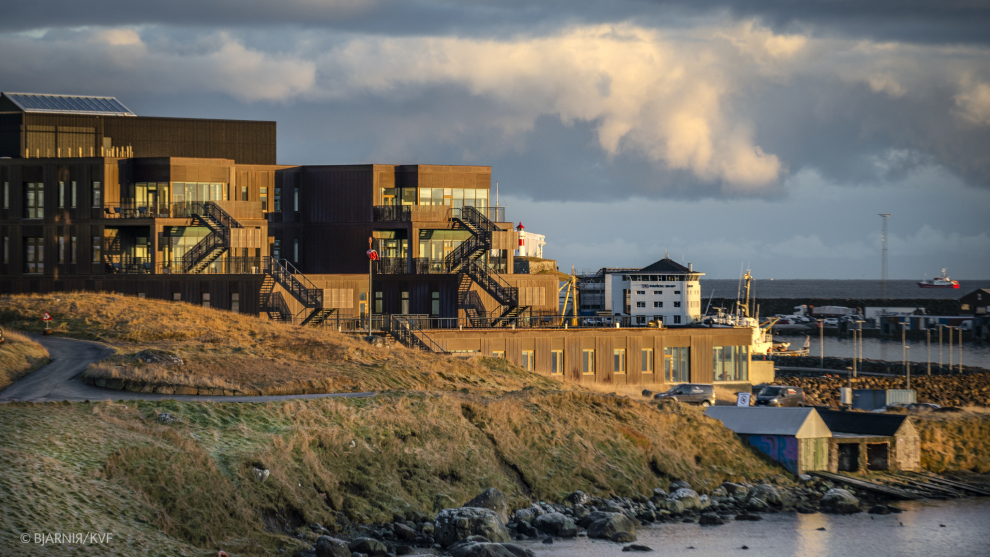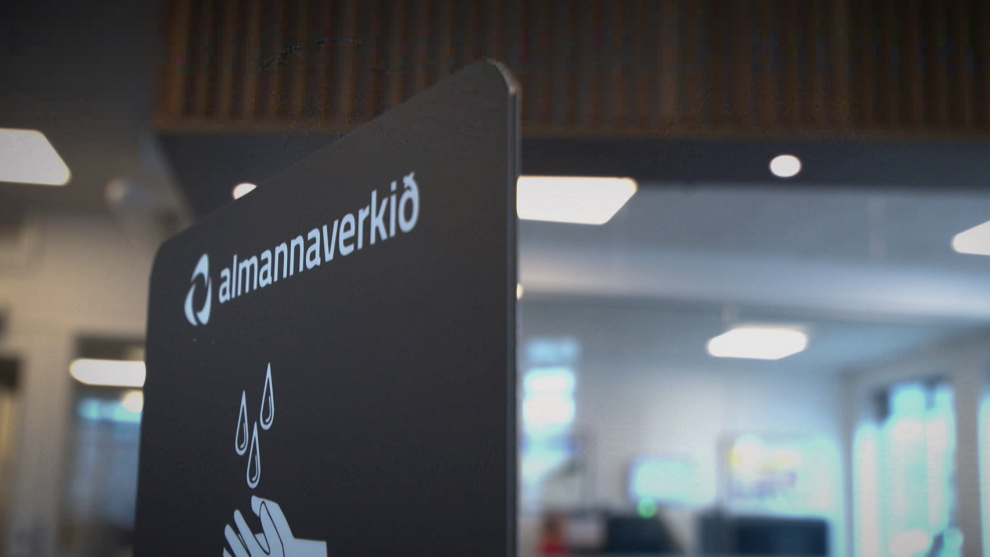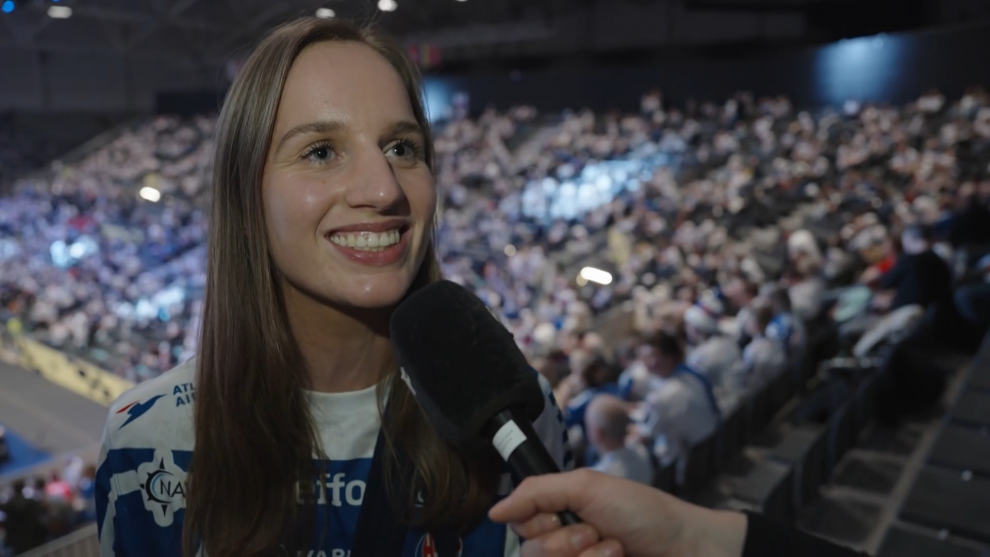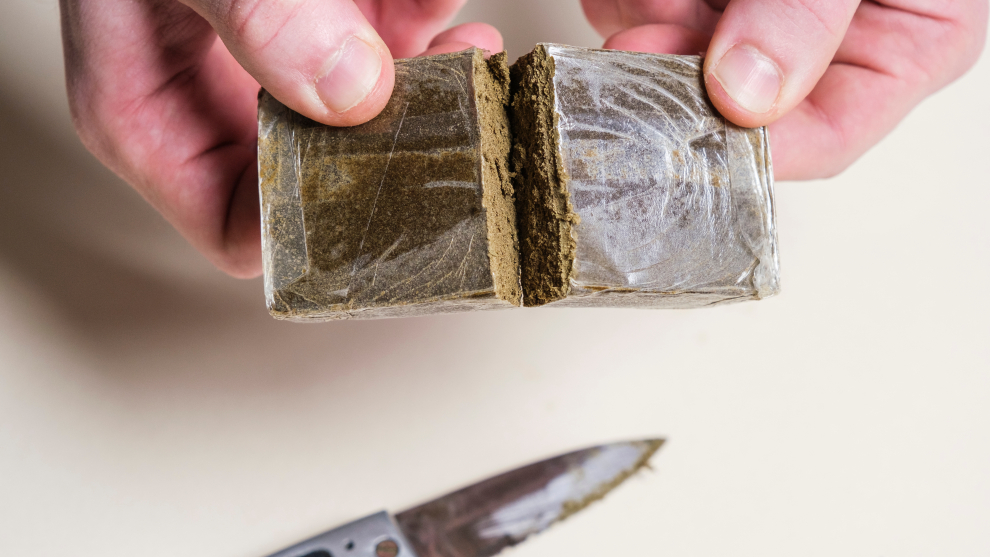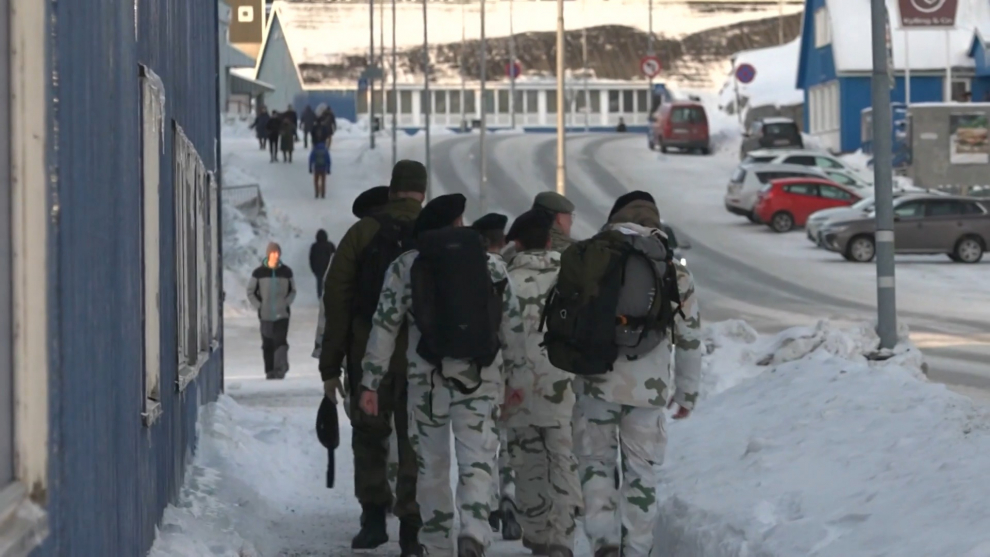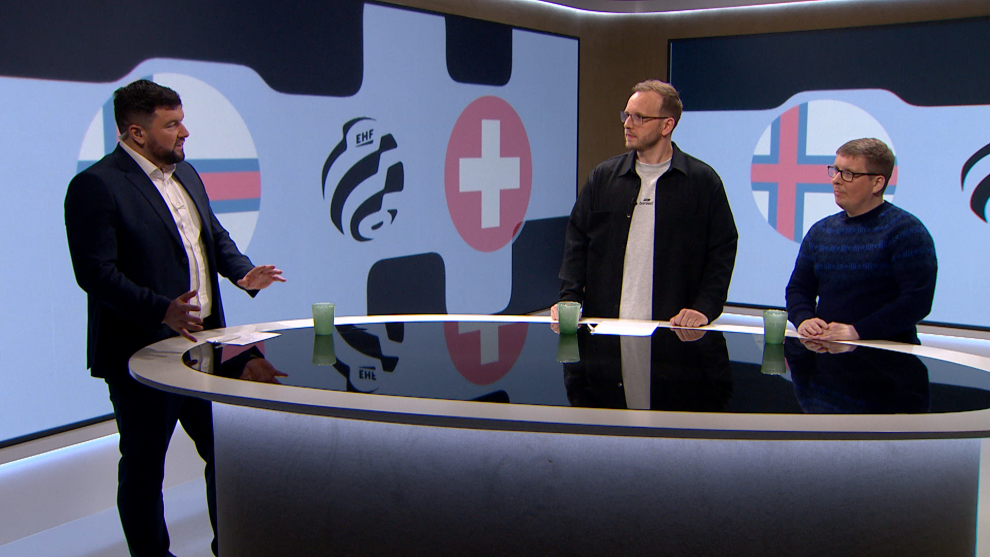- Tíðindi, mentan og ítróttur
Massive pollution from fish farming
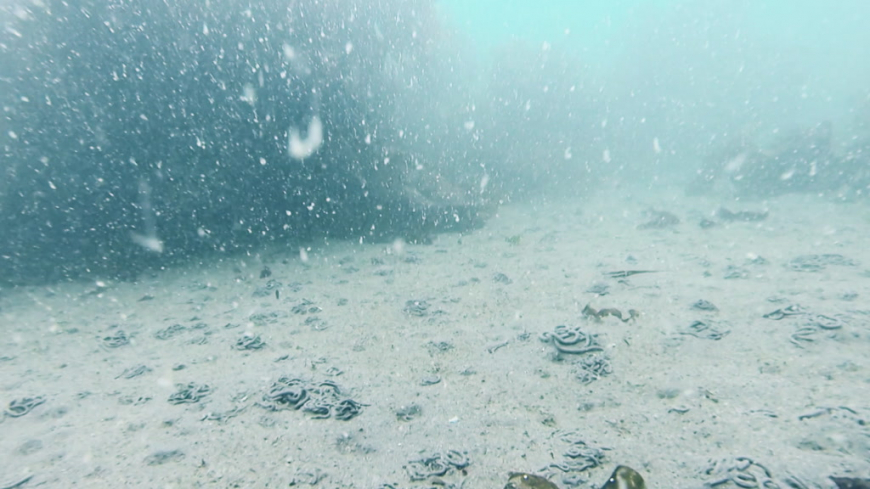
Fish farming in the Faroes causes far more pollution than previously estimated, a KVF documentary reveals.
According to data uncovered in the programme, a fish farm containing 5,000 tonnes of fully-grown salmon creates up to five tonnes of biological waste per day.
Fish and other organisms living on the seabed beneath a fish farming cage feeds on this waste. But as the farmed salmon grows, so does the amount of waste, and this has a negative effect on the bottom fish.
Biological substances, waste and feed require oxygen to decompose, and these large amounts result in less oxygen for the organisms on the seabed to feed on. This causes many fish species to migrate away from the area.
Since smaller organisms require less oxygen, they are more resistant to pollution, but according to the documentary these creatures also tend to escape the pollution coming from the fish farming cages.
One of the most harmful waste products is the beggiatoa bacterium, which is prevalent in the water beneath Faroese fish farms.
It is, however, not only the extensive pollution that is problematic, as our understanding of the ecosystem in Faroese fjords is limited and outdated, says Knút Simonsen, a researcher at aquaculture research station Fiskaaling.
“Most of what we know today comes from research carried out by the Faroe Marine Research Institute in 1990. We are in dire need of updated data in this field,” he says.
Translated by prosa.fo

